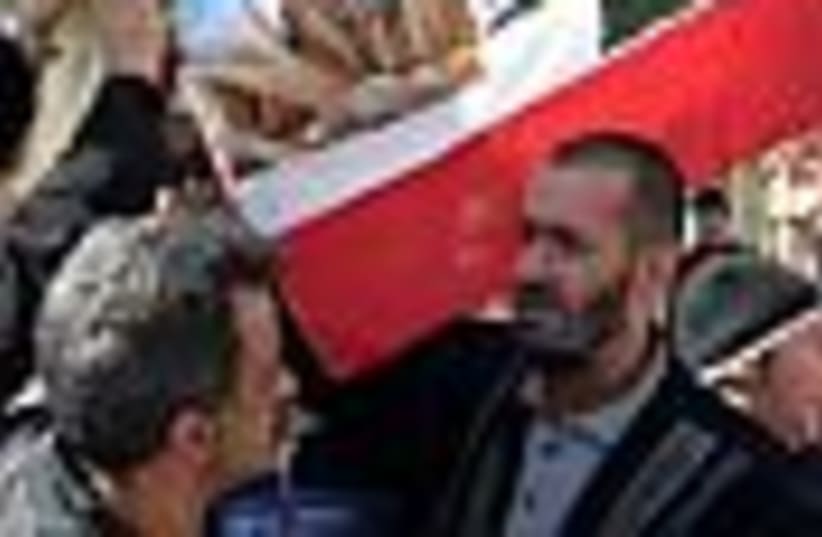| More about: | Lebanon, George W. Bush, Fouad Siniora, Bashar al-Assad |
Lebanon celebrates independence without Syrian troops
No Syrian officials attend celebrations that mark Lebanon's independence from France in 1943.


| More about: | Lebanon, George W. Bush, Fouad Siniora, Bashar al-Assad |